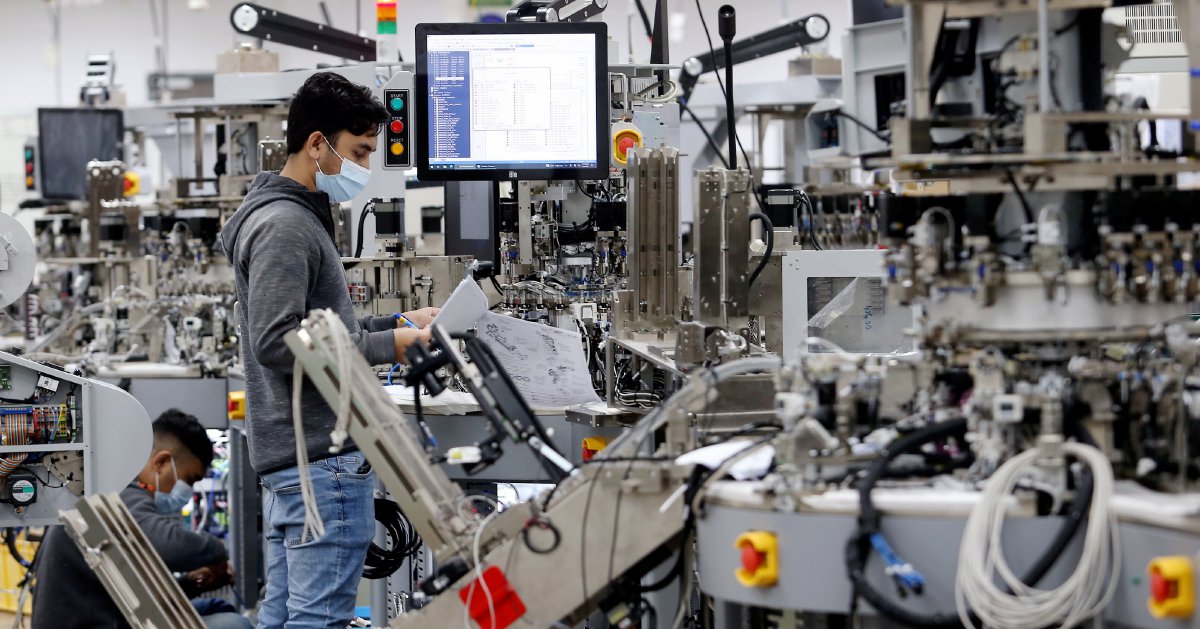An increasing number of Chinese semiconductor design companies are enlisting the services of Malaysian firms to assemble a part of their high-end chips, a move aimed at reducing potential risks associated with potential expanded sanctions on China's chip industry by the U.S. Specifically, these companies are engaging Malaysian chip packaging firms to assemble graphics processing units (GPUs), a type of chip associated with the burgeoning demand driven by artificial intelligence, supercomputers, and military applications.

The requests specifically pertain to assembly, which is not in violation of any U.S. restrictions, and does not involve the fabrication of the chip wafers. While the names of the companies involved have not been disclosed due to confidentiality agreements, it's reported that some contracts have already been finalized.
Washington has been imposing restrictions on the sales of high-end GPUs to limit China's access to technology crucial for AI advancements and military applications. As a result, smaller Chinese semiconductor design firms are encountering challenges in securing advanced packaging services domestically. Consequently, they are turning to Malaysian chip packaging companies to fulfill these needs.
Malaysia, known as a significant hub in the semiconductor supply chain, is well-positioned to capture additional business as Chinese chip firms seek to diversify their manufacturing and assembly operations outside of China.
Malaysian companies such as Unisem and others have observed increased business and inquiries from Chinese clients. These Malaysian firms are perceived as attractive options for Chinese companies due to factors such as Malaysia's amicable relations with China, affordability, experienced workforce, and sophisticated equipment.
While concerns have been raised about potential U.S. opposition to Malaysian companies assembling GPUs for Chinese firms, Unisem has emphasized the legitimacy and compliance of their business dealings, noting that most of their customers in Malaysia are from the United States.
These developments reflect ongoing efforts by various countries to establish themselves as viable alternatives in the global chip manufacturing landscape, with Malaysia aiming to increase its share of the global semiconductor packaging, assembly, and testing market to 15% by 2030. Other countries, including Singapore, Vietnam, and India, are similarly looking to expand their chip manufacturing services to attract clients seeking to mitigate geopolitical risks between the U.S. and China.







